Project "FE"
KAGUL is more than just a fashion label; it is a cultural reclamation project, preserving and evolving a vital part of Sri Lankan heritage. The artists are dedicated to reviving and reimagining the rich tapestry of Southern Sri Lankan textile traditions. Rooted in the ritualistic practices of “thovil” and “shanthikarma,” KAGUL seeks to illuminate the often-overlooked artistry and cultural significance embedded within these practices and aims to elevate the marginalised status of these traditional craftspeople. Through contemporary reinterpretation, the project seeks to decode the gendered and cultural identities encoded within these textiles, bringing them into a contemporary dialogue.
Euro-centric colonialism, socio-political, and economic phenomena attributed to the gradual disruption of the continuity of its lineage. One of the key aspects that affected the future continuity was the lack of financial support which caused male-born heirs to choose other means to contribute to the role of a breadwinner. There is a tinge of unpredictability on the aspects of future continuation that uninformative showcases vulnerability that the tradition and its costume-making soon will be erased.
KAGUL as a platform’s core initiative, is to provide a milestone to recruit young apprentices and practitioners as initial steps to deflect the downfall and solidify a secure enclosure to this exuberant lineage of costume making.
In this journey, the platform sheds away from the traditional continuity structure, adding on practitioners beyond gendered, cultural mitigations. ( textile embroidery workshops created for queer bodies, women, and other segregated personals as a new entrepreneurship platform)
Our core discourse is around exploration through the context of speculation to find more about the tradition’s making process and conversations around the dormant queer eco-feminist conversations. Archaic material, oral narratives, textile-making histories( hybridity which is affected by the interconnecting of various disciplines ), and conversations with the community
of practitioners provide reliable traces to enrich this continuous process of mapping a textile tradition’s existence.
“ Fe” converse around the borders of dissemination and inclusion of identities, bodies, and stories of these subaltern communities. Perhaps reclaiming the presence of the past, present, and the futurity of the traditional costume-making process. Wearables exist not just as a beautification enhancer but as a symbolic signifier of reclamation in the narrative of Sri Lanka’s portrayal.
Creators
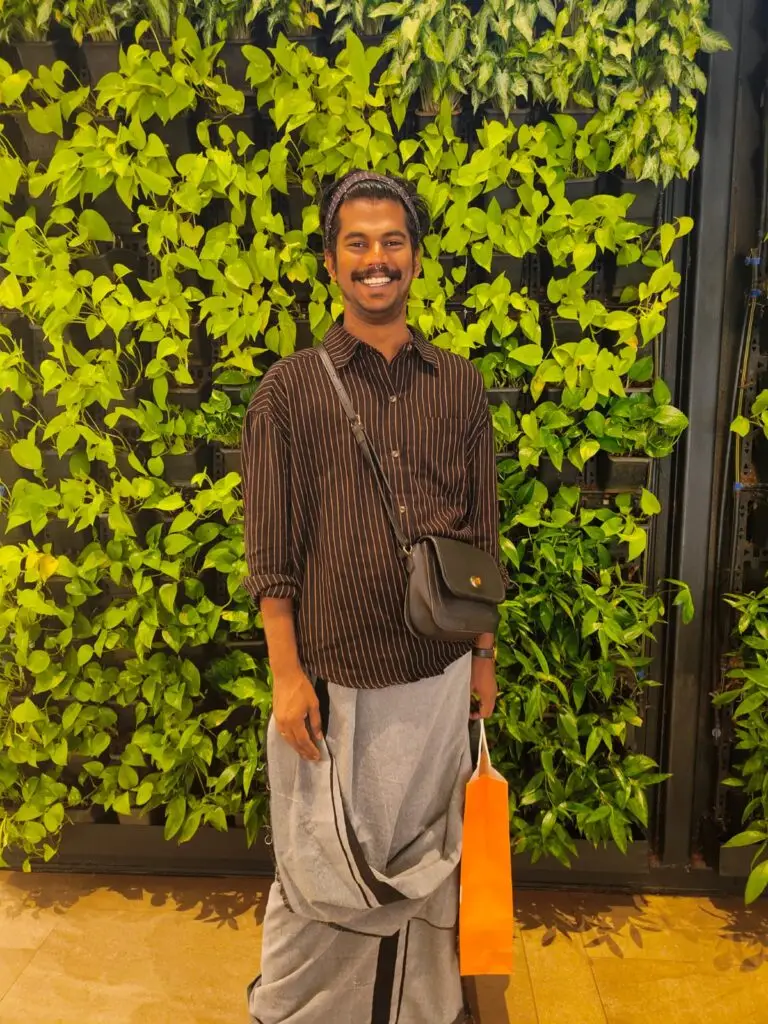
Anup Acharya
Anup Acharya , visual designer and project manager of KAGUL team. Anup Acharya is an artist and project manager who views art as more than
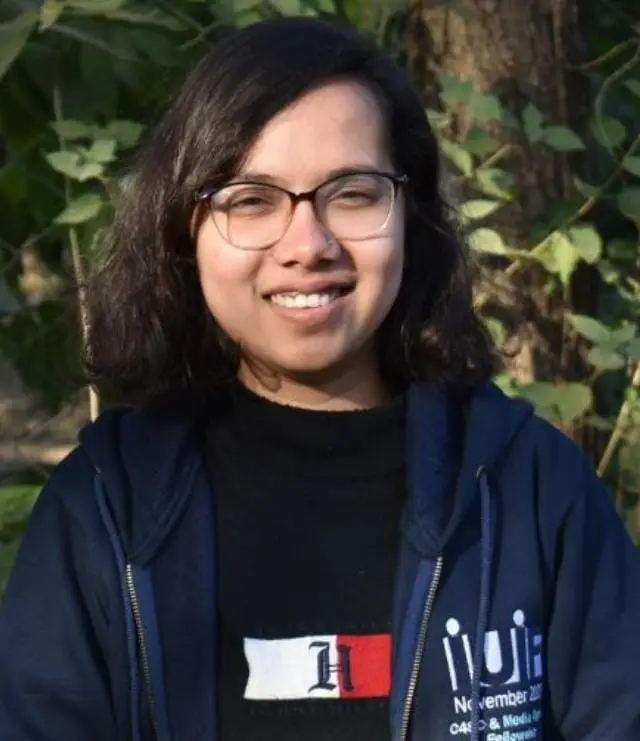
Divya Patnaik
Divya Patnaik , part of research studies and advisory of KAGUL team. Divya Patnaik is deeply passionate about challenging societal norms and advocating for genderequity.
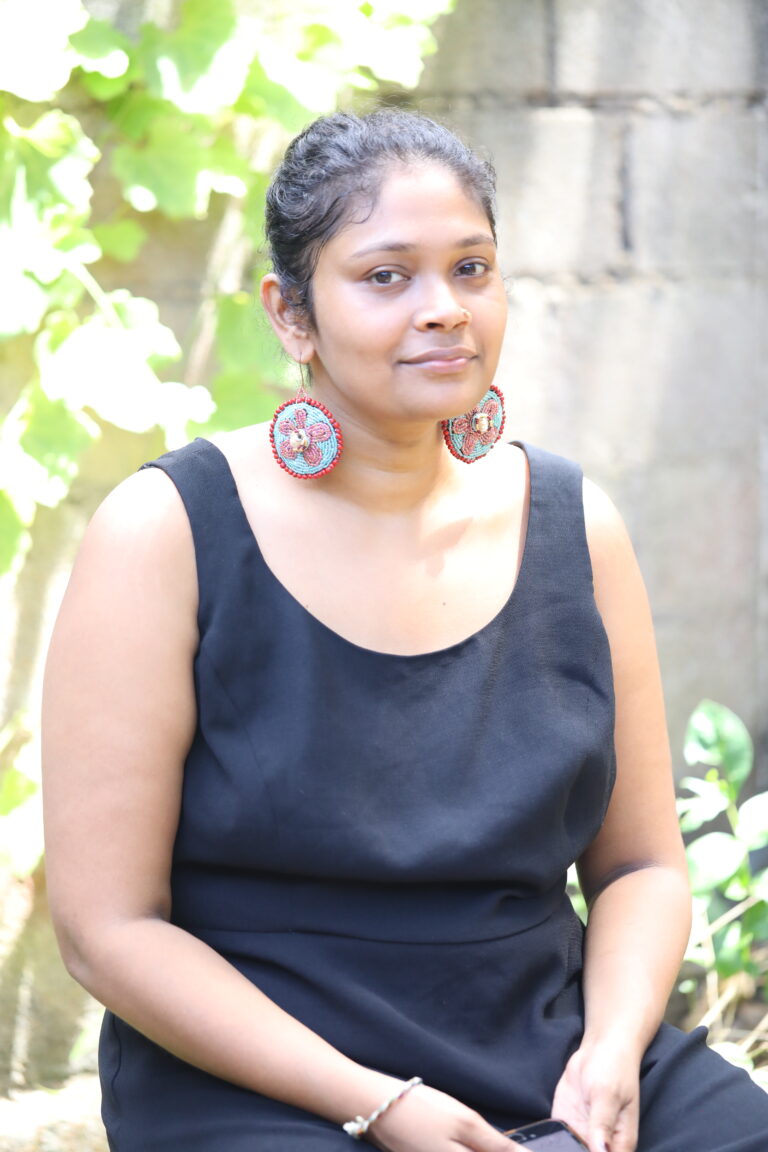
Chathuri Nissansala
Art director and founder of KAGUL initiative. Chathuri Nissansala (b.1993, Colombo) is a multidisciplinary artist working with performance art,painting, sculpture, and graphics. Her works raise
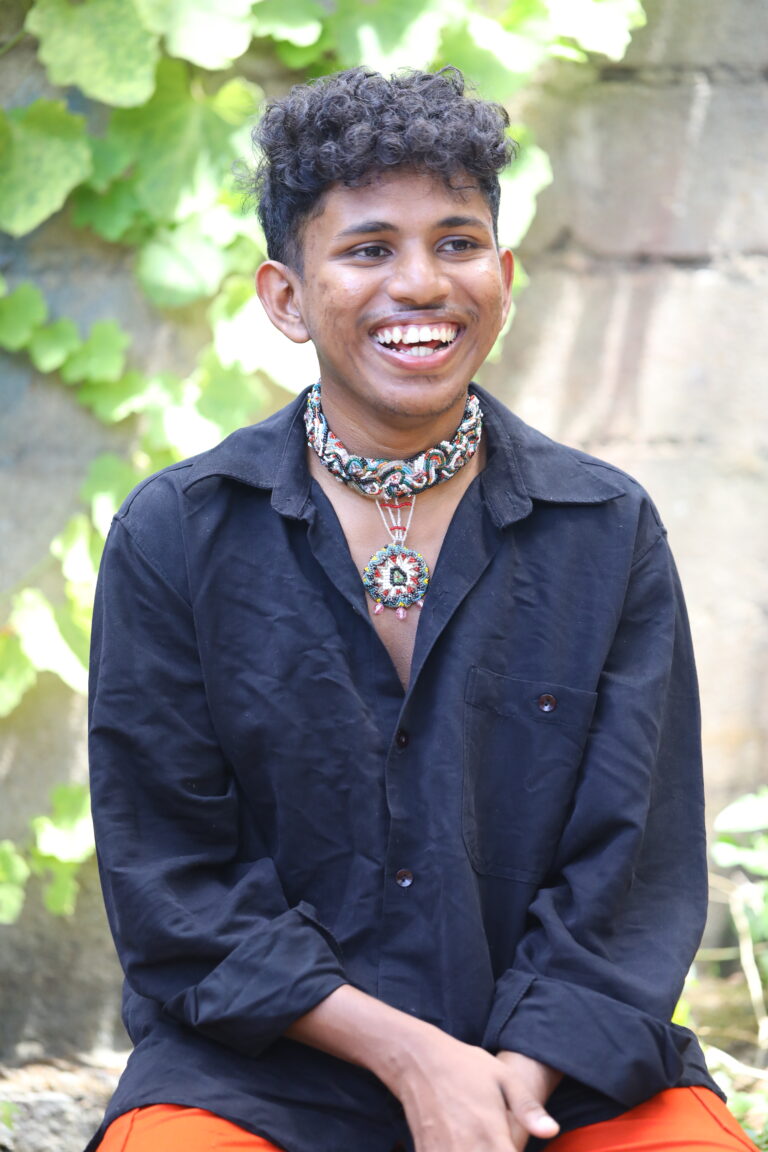
Prathi
Prathi Prathi or Praveen Theekshana creative art director of KAGUL initiative. Prathi is the creative art director and developer in KAGUL. He’s pursuing is Bachelor
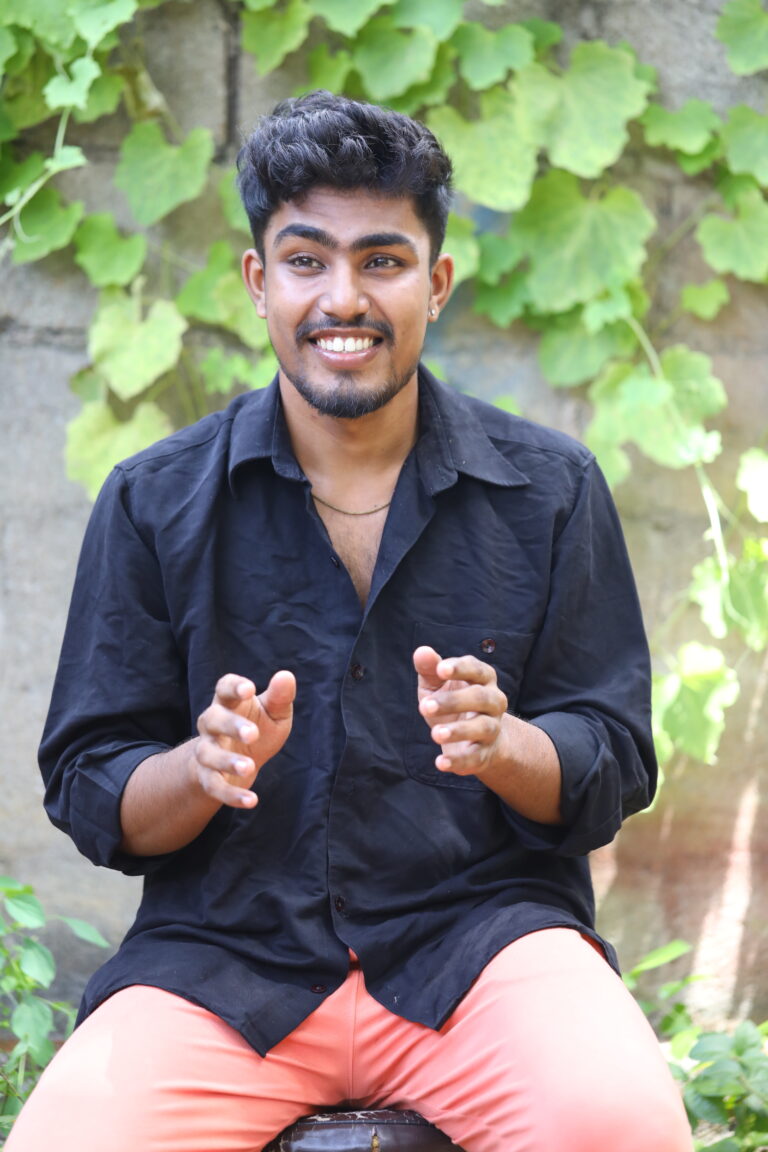
Lawanga Jayasinghe
Lawanga Jayasinghe Lawanga Jayasinghe, creative designer and visual designer at the KAGUL creative incubator. He’s at present pursuing his BSc in Multimedia studies at the
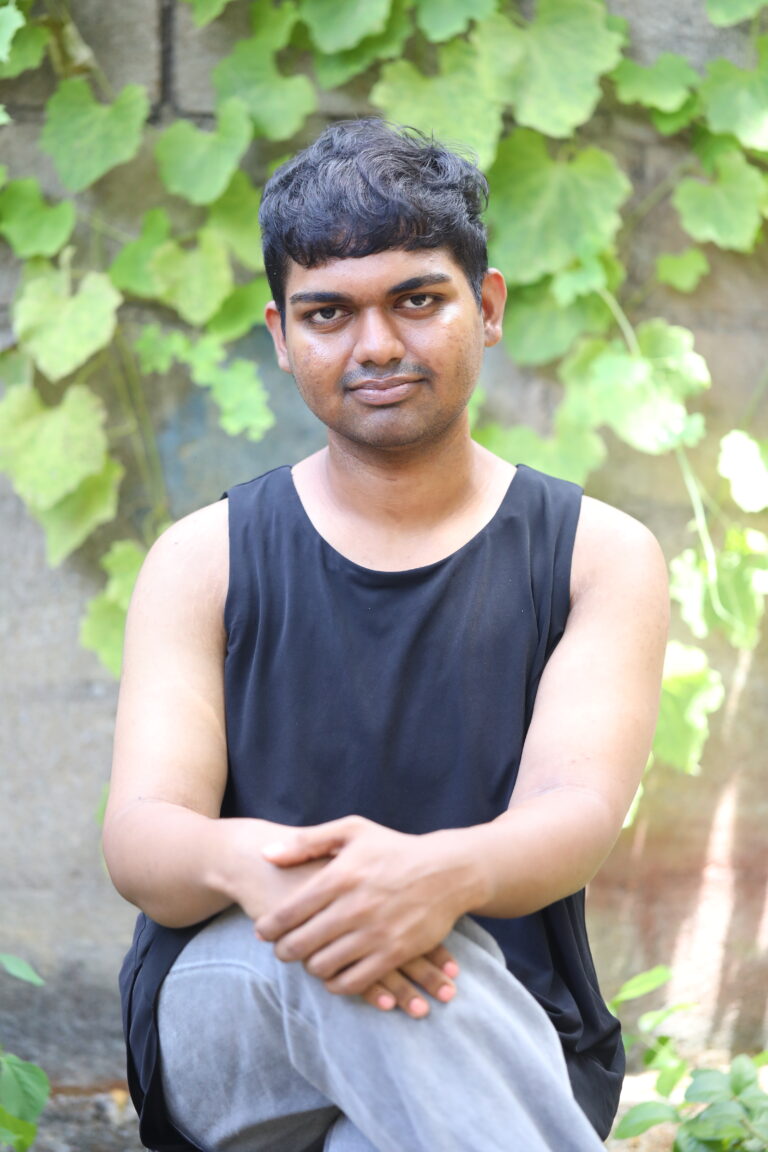
Kumudu Ranasinghe
Kumudu Ranasinghe Creative Designer at KAGUL initiative. Kumuthu Ranasinghe, is a creative designer at KAGUL creative incubator. She’s at present an undergraduate student studying fashion
Collaborative projects “FE” has been able to activate.
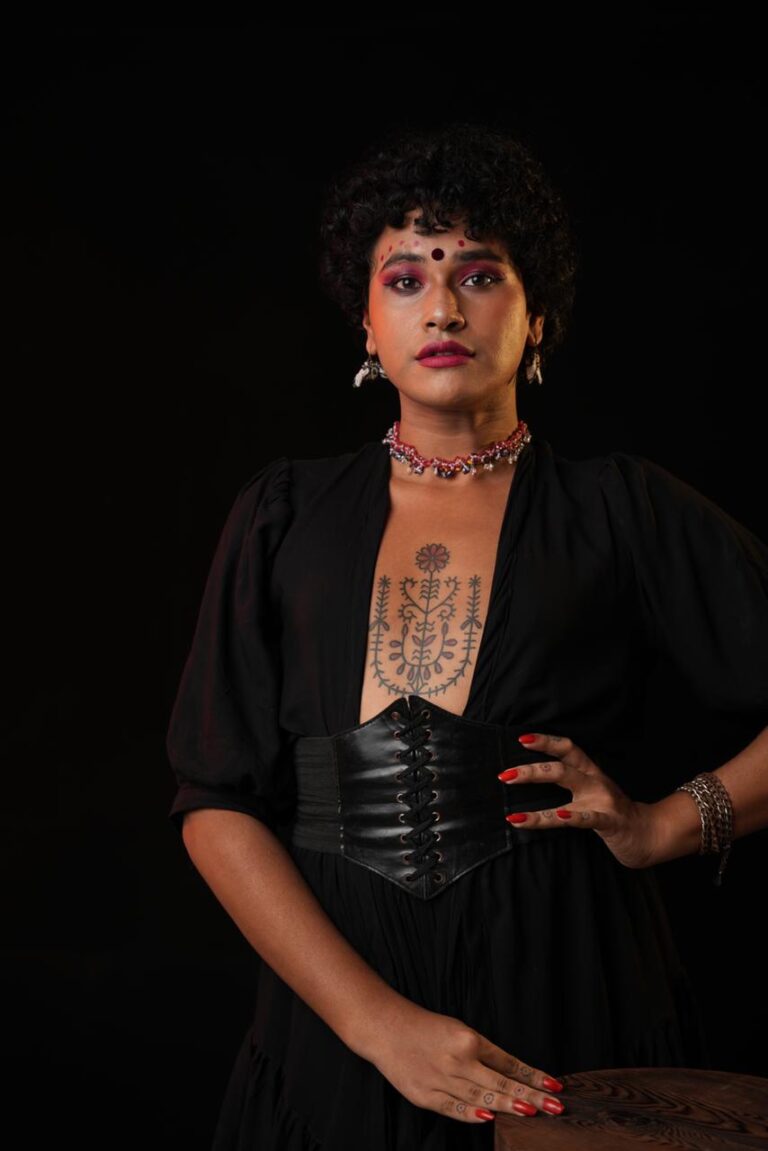
Non Binary recognition project with artist/activist Navoda Bennett.
Non Binary recognition project with artist/activist Navoda Bennett. This project was implemented on recognizing non binary identified bodies in Sri Lanka’s queer community during the